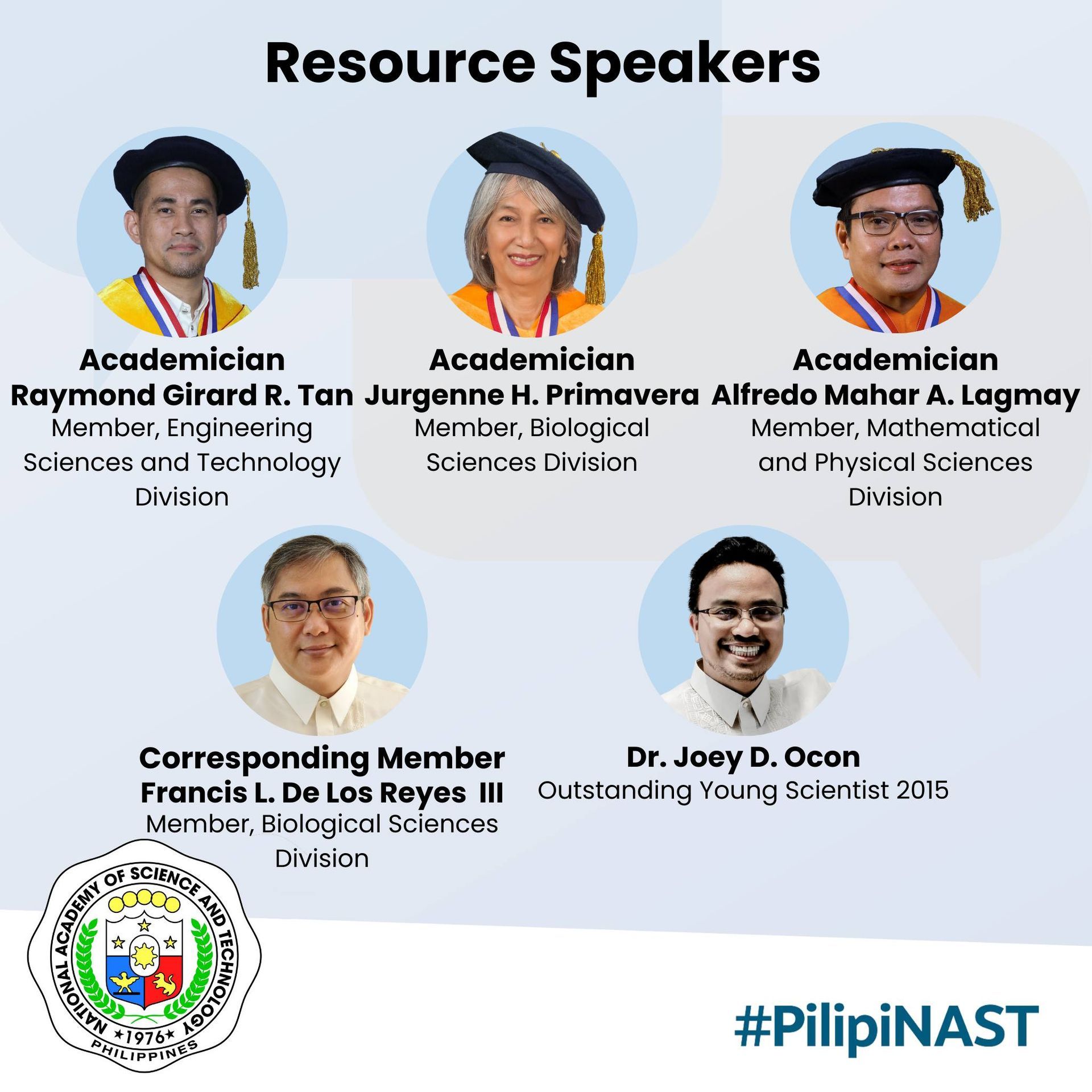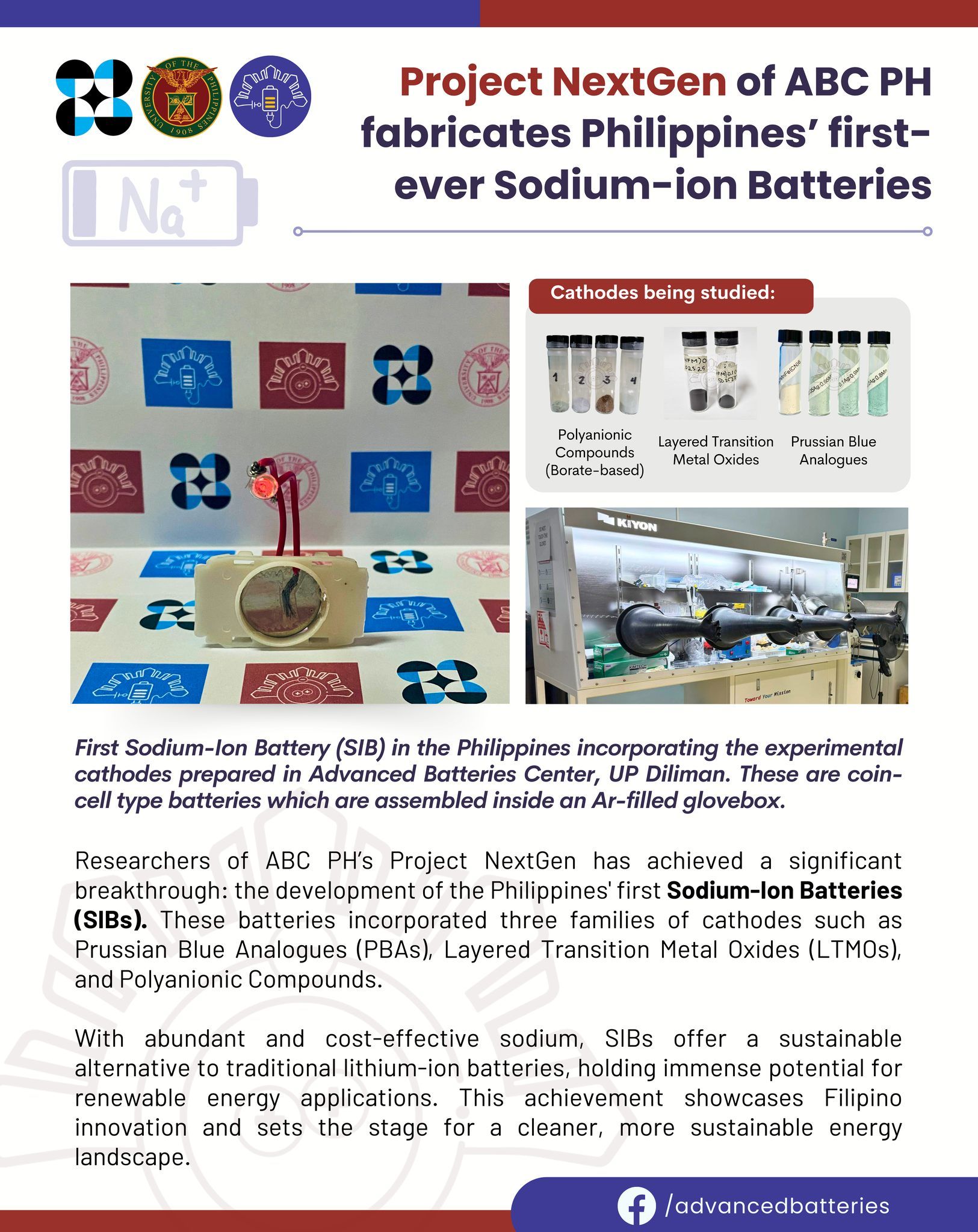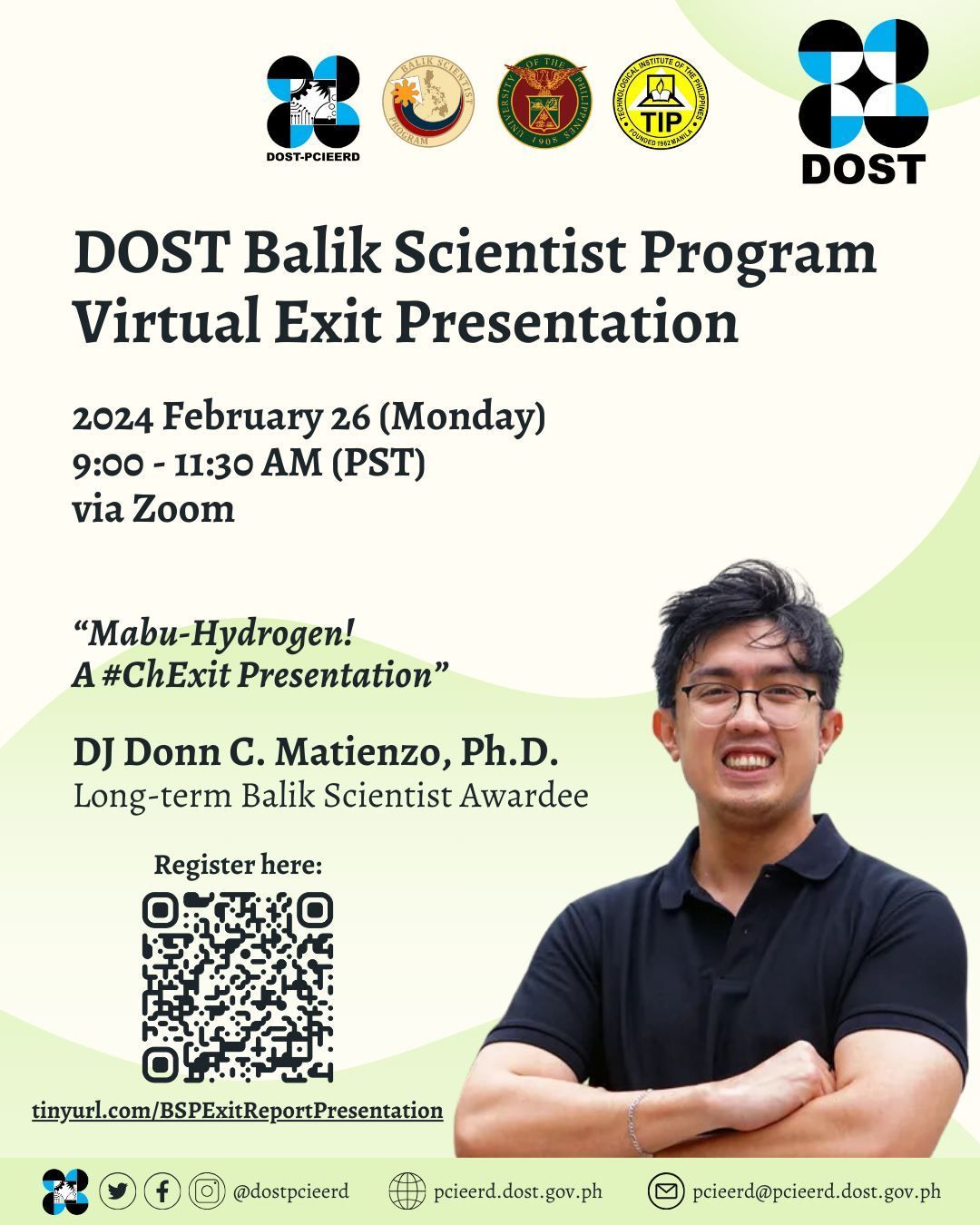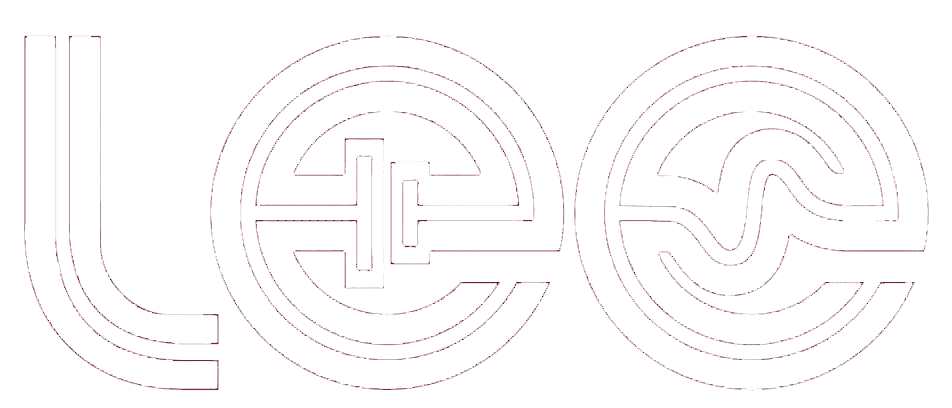LEE attends 231st ECS Meeting in New Orleans, LA

Last May 28-April 1, 2017, seven student researchers of Laboratory of Electrochemical Engineering (LEE) and Dr. Joey D. Ocon attended the 231 st Electrochemical Society Meeting held at Hilton New Orleans Riverside, New Orleans, Louisiana, USA.
Dr. Ocon had an oral presentation of his research “Exploring Novel Dopants in Graphene: Unique Properties, Group Trends, and New Insights from DFT for Electrocatalytic Applications” under the Materials for Low Temperature Electrochemical Systems 3. Ace Christian F. Serraon was also given the chance to have an oral presentation, and probably one of the few undergraduate student oral presenters if not the only one, with his undergraduate thesis “Quantum Chemical Predictions for Alkaline Earth (AE)-Doped Graphene: A Density Functional Theory (DFT) Based Investigation for a Novel Class of Carbon-Based Two-Dimensional Nanomaterials Toward Electrochemical, Catalytic and Electronic Applications” in the Graphene and Beyond: 2D Materials.
On the other hand, laboratory members who had poster presentations are the following: Wilbert James Futalan for “S-doped Graphitic Carbon Nitride as Potential Catalyst towards Oxygen Reduction Reaction: Insights from DFT Calculations” (Graphene and Beyond: 2D Materials); Reynaldo M. Geronia II for “A First-Principles Study on the Electronic and Structural Properties of Halogen-Substituted Graphene” (Graphene and Beyond: 2D Materials); Prof. Julie Anne D. del Rosario for “Carbon Dioxide (CO 2 ) Electrocatalytic Recycling on Electrodeposited Nanostructured Copper-Gold Electrodes” (Renewable Fuels via Artificial Photosynthesis 2) and Marc Francis M. Labata for “CoMn 2 O 4 Anchored on N-Doped High-Dimensional Hierarchical Porous Carbon Derived from Biomass As a Bifunctional Oxygen Electrocatalyst” (Carbon Nanostructures for Energy Conversion). Other LEE members who attended the meeting as participants are Jan Samuel C. Matuba and Joseph R. Ortenero who is currently a visiting student doing his dissertation at the University of Alabama.
ECS holds biannual meetings where researchers can share the latest scientific and technical developments in electrochemistry and solid state science and technology. Scientists, engineers and industry leaders come from around the world to attend the technical symposia, poster sessions, and professional development workshops. There are also networking opportunities and social events. By the numbers, the 231st meeting received 2,088 abstracts, 20 award talks, 1,254 oral talks, 46 symposia, 615 student presentations, 375 posters, 58 countries represented, 615 student presentations and over 2,000 attendees.










